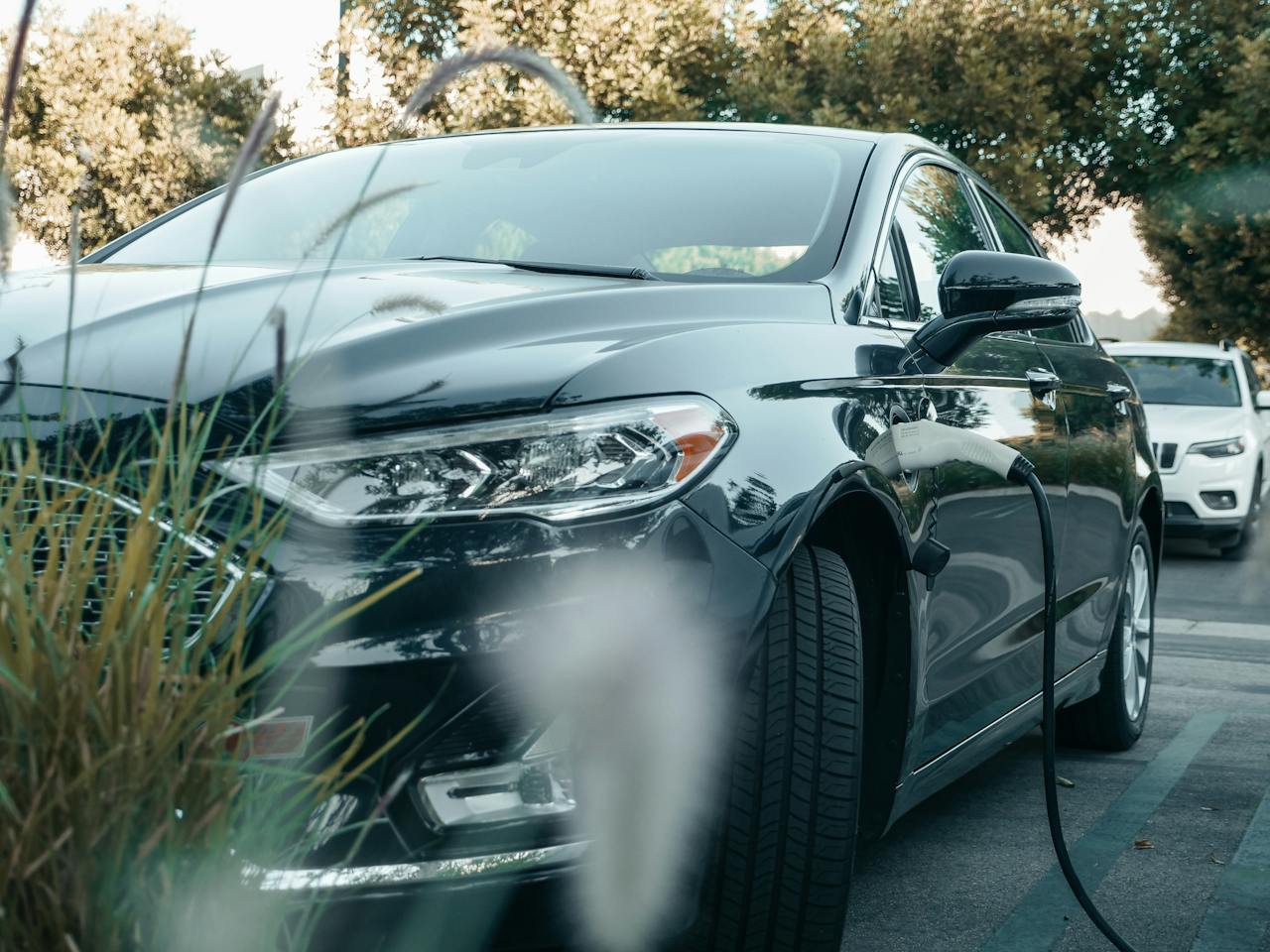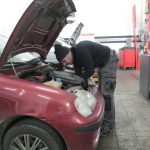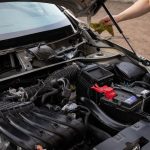The automobile industry is undergoing a significant transformation with the increasing popularity of hybrid and electric vehicles. This shift is not only driven by a desire to reduce our carbon footprint but also by the cost-saving benefits these vehicles offer. However, like traditional vehicles, hybrid and electric cars require proper maintenance to ensure optimal performance and longevity.
The Rise of Hybrid and Electric Vehicles
Environmental Benefits
Hybrid and electric vehicles are celebrated for their positive impact on the environment. With reduced emissions and dependence on fossil fuels, these cars contribute to cleaner air and a healthier planet.
Cost Savings
While the initial cost of purchasing a hybrid or electric vehicle might be higher, the long-term savings are significant. Lower fuel and maintenance costs make these vehicles a wise investment.
Common Maintenance Practices
Regular Inspections
Routine inspections are crucial for identifying potential issues before they escalate. This includes checking the brakes, suspension, and other critical components.
Battery Health Check
The battery is the heart of an electric vehicle. Regularly monitoring and maintaining its health is essential for optimal performance and range.
Tire Maintenance
Proper tire care not only ensures a smoother ride but also contributes to energy efficiency. Regularly check tire pressure and alignment.
Troubleshooting Basics
Understanding Warning Lights
Interpreting warning lights on the dashboard is key to addressing issues promptly. Ignoring these signals can lead to more significant problems.
Addressing Strange Noises
Unusual sounds should never be ignored. From squeaks to clicks, identifying the source of these noises can prevent major malfunctions.
Dealing with Reduced Range
Range anxiety is a common concern for electric vehicle owners. Understanding factors affecting range and addressing them promptly is crucial.
DIY Maintenance Tips
Changing Wiper Blades
Clear visibility is essential for safe driving. Learn how to replace wiper blades to ensure optimal performance during adverse weather conditions.
Checking Fluid Levels
While electric vehicles have fewer fluids, it’s essential to monitor them regularly. Learn how to check and top up fluids as needed.
The Importance of Professional Maintenance
While some maintenance tasks can be done at home, professional inspections are crucial. Skilled technicians can identify hidden issues and perform in-depth diagnostics.
Software Updates and Their Role
Regular software updates are vital for the smooth functioning of hybrid and electric vehicles. These updates often address performance issues and enhance overall efficiency.
Addressing Charging Concerns
Understanding different charging options and addressing charging-related concerns is crucial for electric vehicle owners. This includes home charging stations, public charging infrastructure, and fast-charging capabilities.
Winter Maintenance for Electric Vehicles
Cold weather can impact battery performance. Learn essential tips for winter maintenance to ensure your electric vehicle operates efficiently in colder climates.
Extending Vehicle Lifespan
Proper Storage Tips
Whether storing your vehicle for an extended period or during seasonal changes, follow specific guidelines to preserve the battery and overall vehicle health.
Driving Habits
Adopting eco-friendly driving habits not only enhances fuel efficiency but also contributes to a longer vehicle lifespan.
Environmental Impact of Disposal
As these vehicles age, responsible disposal becomes critical. Explore environmentally friendly options for retiring your hybrid or electric vehicle.
Future Trends in Hybrid and Electric Vehicle Maintenance
Stay ahead of the curve by exploring emerging trends in hybrid and electric vehicle maintenance. From advancements in battery technology to innovative diagnostic tools, the future looks promising.
Conclusion
In conclusion, owning a hybrid or electric vehicle comes with its unique set of maintenance requirements. From regular DIY checks to professional inspections, staying proactive ensures a smooth driving experience. Embrace the future of automotive technology while understanding the responsibilities that come with it.
FAQs
How often should I inspect my hybrid or electric vehicle?
Regular inspections, at least every six months, are recommended to catch potential issues early.
Are there specific tire requirements for these vehicles?
While there may not be specific requirements, maintaining proper tire pressure is crucial for efficiency.
What do warning lights indicate in electric cars?
Warning lights can signal various issues, from low battery levels to problems with the charging system.
Can I perform software updates at home?
Yes, many electric vehicles allow users to perform software updates at home, but some may require professional assistance.
How can I dispose of my hybrid or electric vehicle responsibly?
Research local recycling programs or contact the vehicle manufacturer for guidance on eco-friendly disposal options.
Last Updated on November 22, 2023 by admin

Mac is an Automotive enthusiast. He owns up to 15 vehicles. He deals with Auto problems and shows his skill to Car owners who are seeking any type of Car help.





